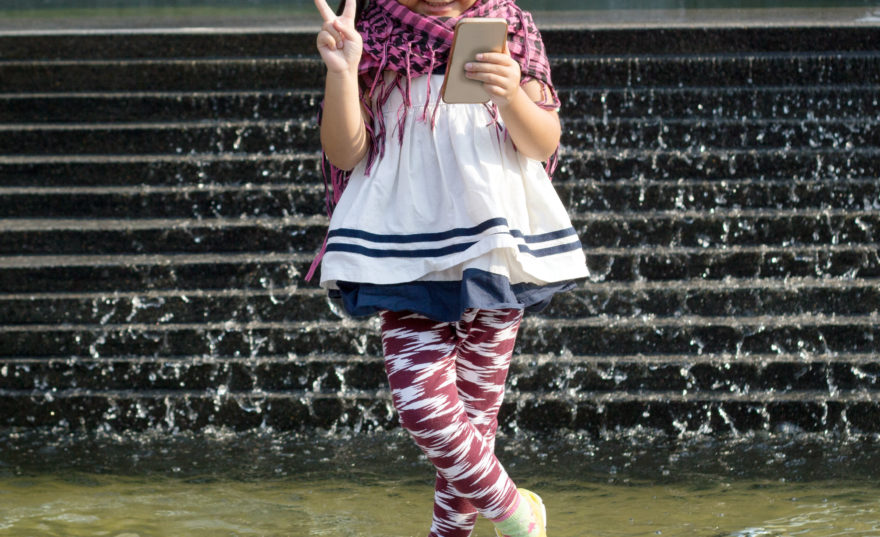Our overall estimation of “self image” is thought to be based on various parameters, such as perceptions of body image, mental function and social attitude. Now, a study by Maria Di Blasi and colleagues has investigated the extent by which these different parameters can influence psychological well-being.
The researchers asked 128 adolescents (aged 13-18) seeking psychotherapeutic treatment to complete two questionnaires: the revised Offer Self-Image Questionnaire (revised) and the Youth-Outcome Questionnaire, which assess self image and psychological distress, respectively. Here, they found that the level by which adolescents cope with internal and external demands (their “impulse control”), maintain mood and emotional fluctuations (their “emotional tone”), and perceive the quality of their family and/or peer relationships were negative predictors of psychological distress.
Gender differences in terms of risk of psychological distress were identified in this cohort, suggesting that gender may influence mental-health outcomes. Specifically, a stronger negative association was found between impulse control and psychological distress in boys, and between both body-image satisfaction and family relationships and psychological distress in girls. The researchers propose that examining maladaptive psychological components of self image may help predict risk of psychological impairment and guide the development of effective mental-health interventions.
Di Blasi, M., Muccioli, P., Alagna, M., Torres, D., Duca, I. & Tosto, C. (2017), Self-image and psychological distress in treatment-seeking adolescents. Child Adolesc Ment Health. doi:10.1111/camh.12255
